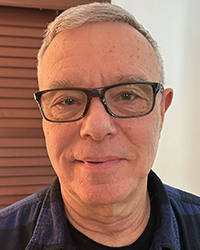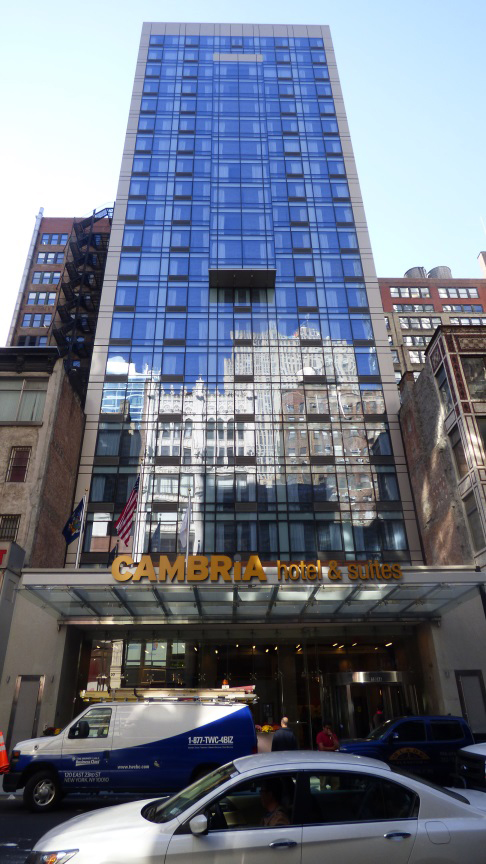News:
Green Buildings
Posted: April 27, 2015
Implementing renewable energy in developing countries
Albert Einstein said, "Insanity is doing the same thing over and over again and expecting different results," and can be a mantra for the overwhelming importance for sustainable development. There is a global opportunity to learn from the past to improve upon the future as every nation continues to develop. The harmful effects of dirty energy sources on the environment have been well documented and scientifically proven time and time again, so the question presents itself: why would any country choose to disregard sustainable development?
The answer to this is complex as numerous studies have discussed both sides of the argument. This article is going to just skim the surface of why sustainable development is critical, particularly in those countries still developing.
Availability and accessibly to an energy source, energy prices, and greenhouse gas emissions are issues that are universal, but are magnified in the developing world. Many countries still do not have a central grid system to provide electricity, while other are developing at a rapid rate and using "dirty" energy sources to become industrialized. Many of these developing nations are lured to dirty technology by the cheap upfront cost and ease of access. However, while implementing traditional energy, such as coal, speeds up short term growth and development, the long term investments will weigh heavily on a countries economy and health. It requires increased system upkeep and its inevitable replacement will only hinder long term prospects. Regardless of the stage of development a country is in, there is an overwhelming opportunity to invest in sustainability in order to develop most efficiently for the long term. Thus, developing countries have the best prospect for finding synergies between environmental and economic sustainability.
Development in third world countries stem from the need to provide a resource that both the people and industry require to prosper. Clean technology will allow their population to live longer, keeping healthcare costs down and improving labor efficiency and output. Furthermore, what sets developing countries apart is that they can invest upfront in sustainable infrastructure and renewable technologies and leapfrog over environmentally destructive production and consumption paths. In contrast, many developed countries find themselves constrained by the existing infrastructure that has already been developed and invested in over many decades.
In those countries that are on the cusp of becoming a developed nation, having knowledge, access, and funding to sustainable technology can be the difference between implementing it and proceeding down the business-as-usual path utilizing the traditional, high polluting, technologies. There has to be a push on all levels - private, public, individual - to incorporate sustainable development. The International Energy Agency (IEA) predicts that renewables will be the second largest source of power by 2015 and as they gain more traction globally they will become easier to implement as well as more appealing to investors.
I often write about the importance of building sustainably, and in this article I had the opportunity to draw upon my personal experiences. I've been fortunate enough to work and live in both developed and developing countries and seen first-hand the issues, obstacles, and opportunity that present themselves. Whether it has been developing biomass thermal conversation systems across the country side of Poland, or installing photovoltaic systems in rural China, the potential is unlimited. It's about supplying people and industry with the resources they require while having the foresight to combat environmental hazards in the future. With all the clean technology available today there should be no reason for countries use now archaic methods to assist with their development. As Einstein said, that would just be insane.
Zoe Reich, LEED AP BD+C, is the director of sustainability at Edwards & Zuck, P.C., New York, N.Y.
Tags:
Green Buildings
MORE FROM Green Buildings
IREON Insights: DURA Architectural Signage manufactures and delivers over one million signs
Long Island City, NY Since its founding in 1955, IREON member DURA Architectural Signage has proudly manufactured and delivered more than one million signs to clients across a wide range of industries. From architectural interior signage to large-scale exterior installations, their work can be seen in corporate

Quick Hits







.gif)


.jpg)
.gif)